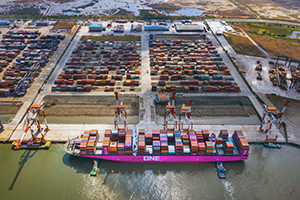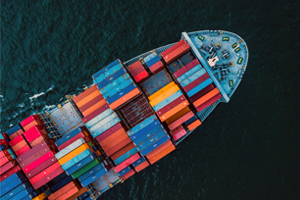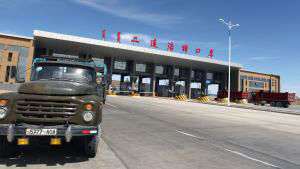How can trade liberalization boost women’s employment and well-being? An analysis of the Thai labor market
As the economy is a gendered structure, trade liberalization affects women and men differently in various dimensions and through different channels. Trade liberalization causes structural transformation in terms of production and, therefore, leads to changes in employment patterns and income. However, the effect of trade is heterogenous across different sectors.





